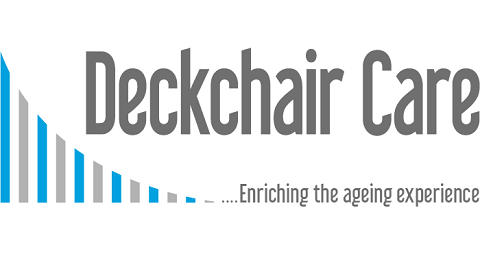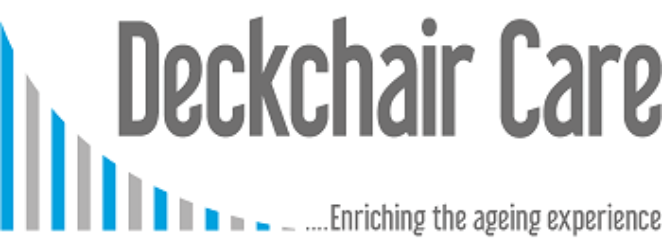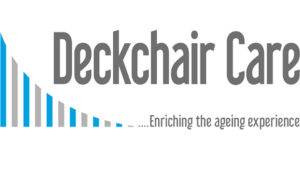Research shows it’s never too late to adopt and reap the health benefits from a more active lifestyle.
For example, older adults who are active will reduce their risk of heart disease and stroke to a similar level as younger people who are active.
If people have been inactive for a while, they can gradually build their activity to reach recommended levels.
Physical activity and exercise can help you stay healthy, energetic and independent.
Many adults aged 65 and over spend, on average, 10 hours or more each day sitting or lying down. This inactivity comes at a high cost with higher rates of falls, obesity and heart disease.
As we get older, it becomes even more important to remain active if we want to stay healthy and maintain our independence.
There’s strong evidence that people who are active have a lower risk of heart disease, stroke, type 2 diabetes, some cancers, depression and dementia.
It is reccommended that people aim for at least 150 minutes of moderate activity every week, for example 30 minutes on at least 5 days a week.
Examples of moderate activity include:
walking fast
playing doubles tennis
pushing a lawn mower
water aerobics
riding a bike on level ground or with few hills
Even if people aren’t very active there are ways to safely increase the heart rate and start benefiting from the health benefits.
The NHS has some great resources to encourage the elderly to exercise, find out more on their website here.
For help looking after the elderly and more about how Deckchair care can help, see our main website https://www.deckchaircare.co.uk





